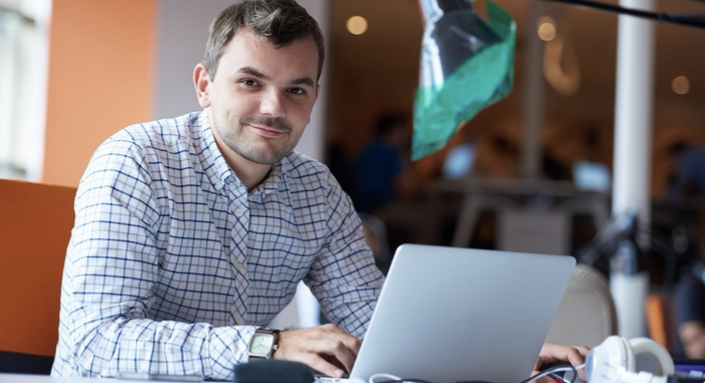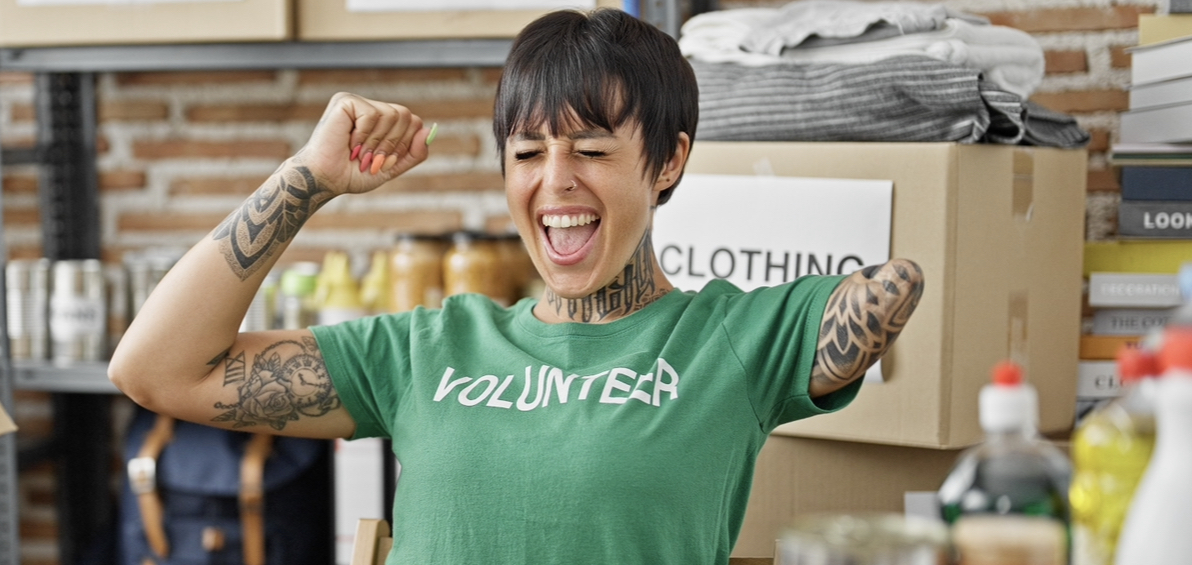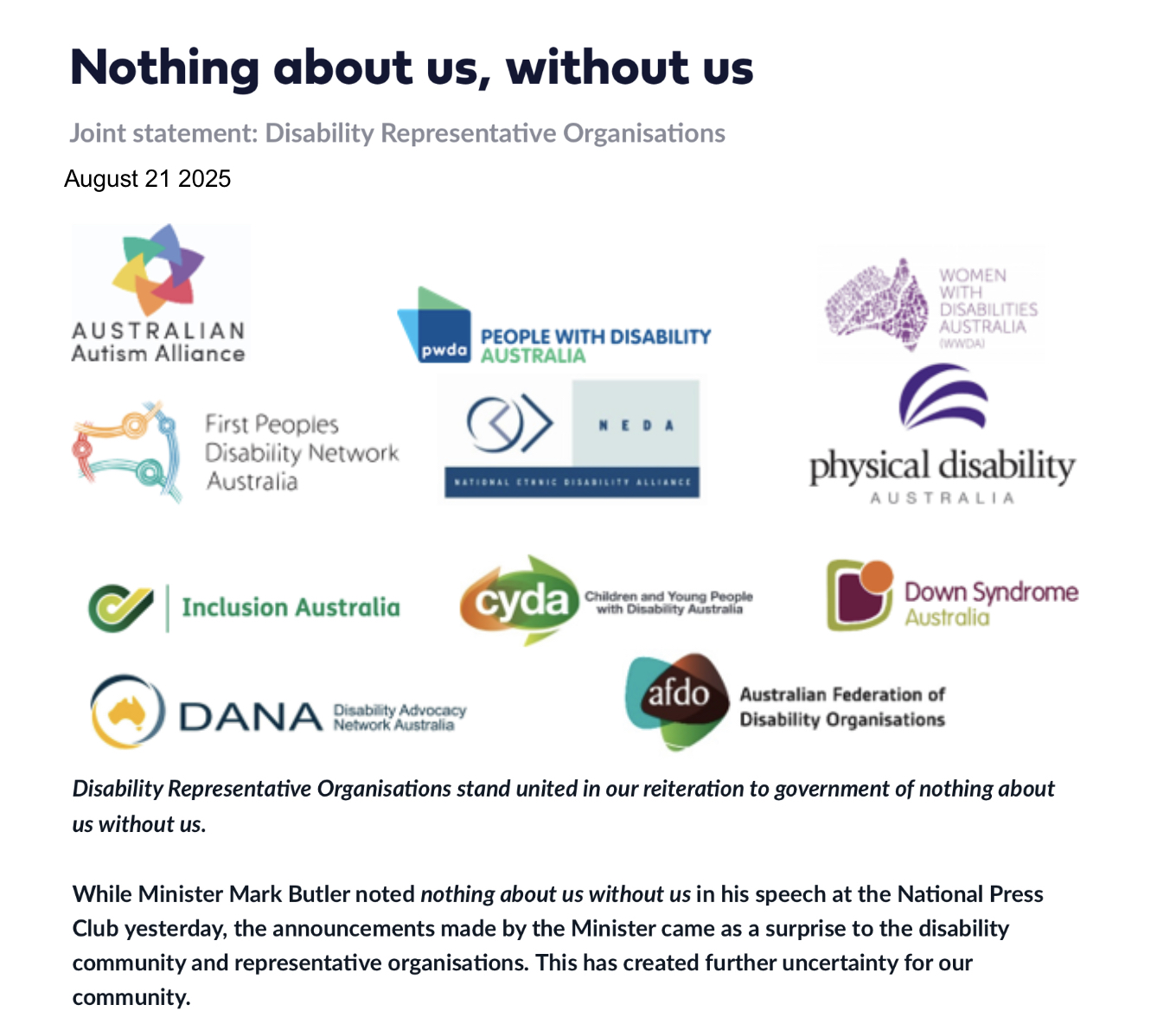PDA’s CEO, Jeremy Muir, recently wrote to VIC Minister for Transport Infrastructure/Public and Active Transport, The Hon Gabrielle Williams MP, voicing concern over accessibility failings of Metro Tunnel stations.
Flagged as a major concern by PDA’s VIC Director, Robert Wise, and VIC Associate Director, Sean Tyrell, safety and accessibility ramifications of uneven heights between platforms and trains needs to be urgently addressed and rectified – not just for those with disabilities, mobility issues and people travelling with children in prams, but for all commuters.
You can read PDA’s letter to The Hon Gabrielle Williams MP below:
“The Hon Gabrielle Williams MP
VIC Minister for Transport Infrastructure/Public and Active Transport
RE: Wheelchair Access on/off New Metro Tunnel Trains
Dear Minister,
Physical Disability Australia (PDA) is a national peak Disability Peoples Organisation (DPO) run by people with physical disability for people with physical disability. PDA exists for its members, who fuel our mission to “enable every Australian living with a physical disability to realise their full potential”.
On July 4, The Herald Sun ran a story stating that “New station platforms in the $15bn Metro Tunnel that were designed to allow wheelchair access do not line up with the height of train floors, posing a potential hazard. A raised gap of up to two-inches was identified during train testing at CBD platforms in the new tunnel.”
In 2025, it is hard to conceive that, if true this fact could be accurate and been allowed to occur. The story includes a quote from a government official that states “The brand new Metro Tunnel stations will be some of the most accessible stations on our network and passengers with wheelchairs will be able to directly roll on and off the new platforms without using a ramp,” he said.
The above statements are not aligned and if there is a belief that a two inch height difference allows independent and safe access, then that is a misconception.
On behalf of our Victorian members and our members who travel to Melbourne and Victoria, could you please confirm for me which of the statements above is correct. Plus, if there is a current height differential between the train and the platform, how will this be rectified, when will it be rectified and when will people with disabilities be able to independently and safely access the trains?
I visit Melbourne at least twice a year, with my next visit in October this year. Once open and if the stations are accessible and safe, I am looking forward to utilising the new Metro tunnel network.
I and our members look forward to your response. I would be very happy to meet with you and your office to further discuss
Yours Sincerely,
Jeremy Muir
CEO
Physical Disability Australia “










